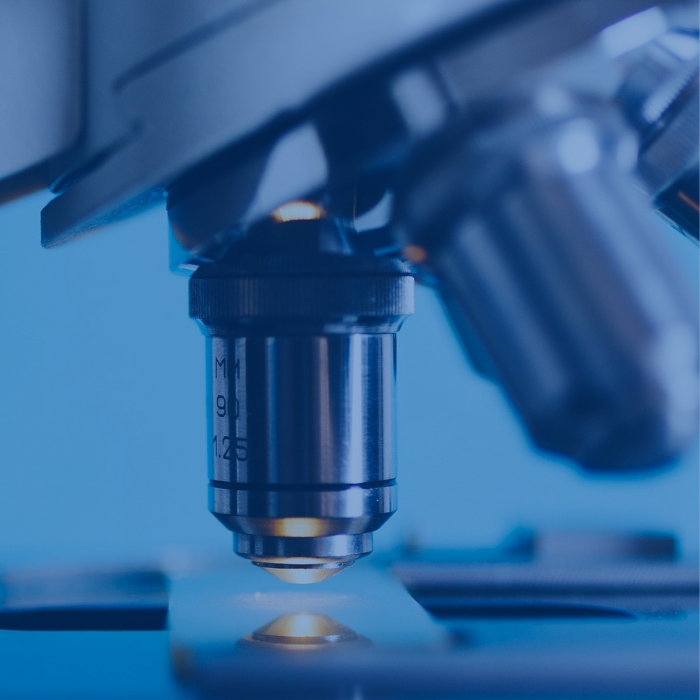

Wibawa Hendra Saputera
Large scale atmospheric removal of greenhouse gases in particular methane gas could reduce global warming more rapidly than atmospheric removal of CO2. Photocatalysis technology, which is defined as the acceleration of chemical reaction under the action of light in the presence of semiconductor-based catalyst, has been considered as one of the most promising technology for converting methane into value added chemicals, such as methanol and ethanol. This technology has several advantages including environmentally friendly, operating under ambient conditions (at room temperature and atmospheric pressure), non-toxic, and cost-effective. Thus, the ensuing proposed research will develop novel hybrid photocatalyst that utilize visible light/natural sunlight for converting methane into methanol in order to mitigate global warming and climate change concerns. The proposed project will evaluate the effect of doping and dosage of co-catalyst on TiO2 core shell and other selected non-titanium dioxide photocatalyst (such as BiVO4 and WO3). There are several interesting properties shown by the photocatalyst respective to each modification, such as dopants enable the TiO2, BiVO4, and WO3 to absorb wider wavelength spectra that makes it active in far UV and near visible light. Several factors including the type of surface modification strategies including heterojunction and metal or non-metal doping, light sources and initial concentration of methane will be evaluated in this study. Additionally, photocatalytic reactor design and activity testing of each synthesized catalyst for converting methane into methanol will be also performed. The photocatalytic technology is expected to be an alternative technology that can be developed on a pilot scale to address environmental and climate change issues especially in Indonesia. The implementation of this proposed project will contribute to responsible research, fundamental understanding for improved cleaning technologies, renewable energy initiative and innovative solutions towards important societal concerns. We also intend through the outcomes of the project to create follow up activities and attract the interest of investors, industries and other stakeholders for scale-up applications. As a result of this study, one scholarly articles will be published in the international journal and one article will be published in international conference proceeding and one prototype of laboratory scale photocatalytic reactor will be obtained.